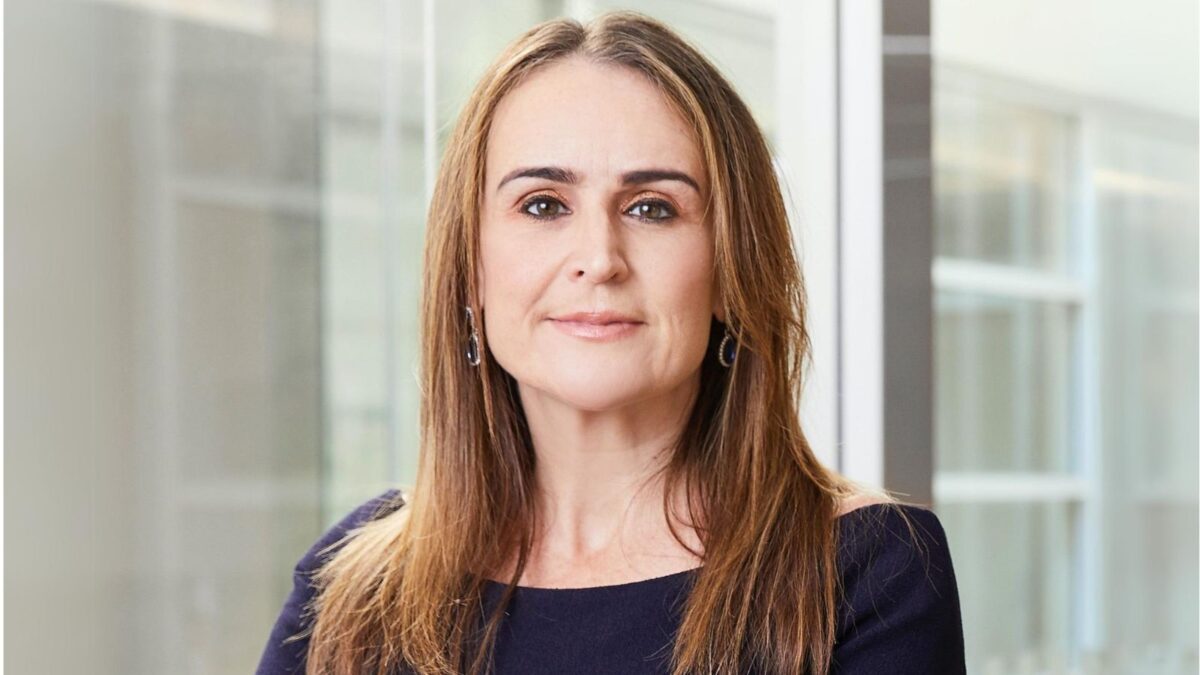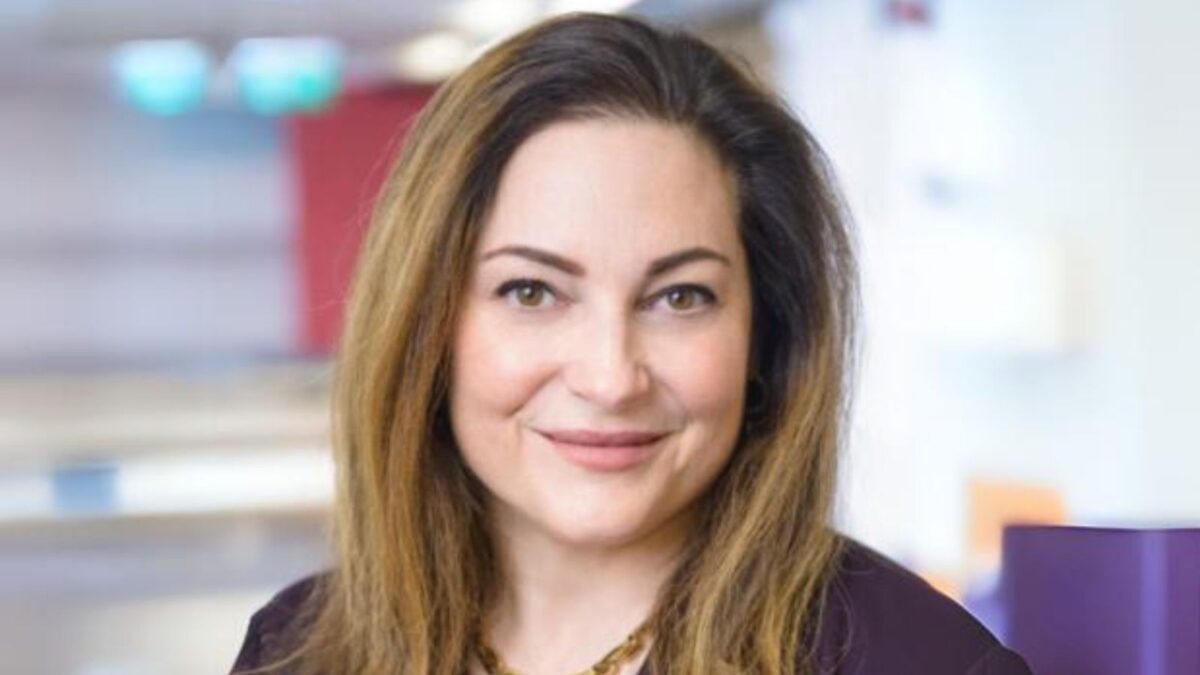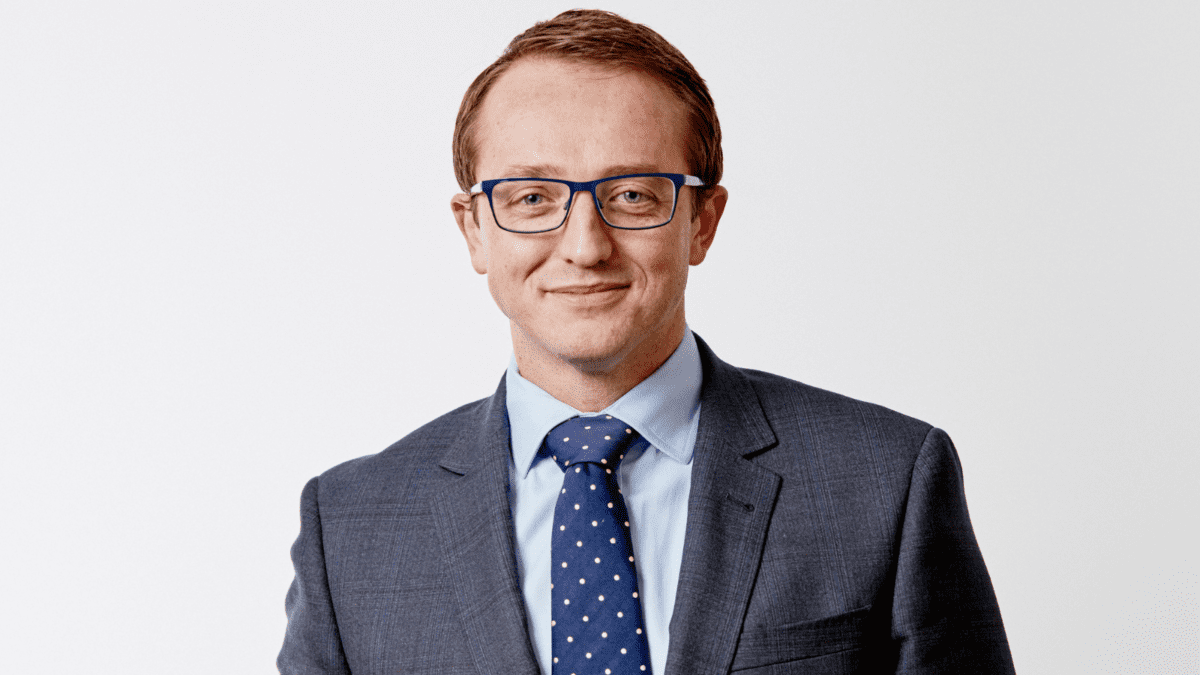How ‘BOB’ is turning First State Super into a unique fund
(pictured: Michael Dwyer)
by Greg Bright
The purchase of StatePlus, the financial planning and wealth management business formerly owned by NSW State Super (STC), is transforming the $60 billion First State Super into a unique fund under a project known internally as ‘BOB’ – best of both. There are no less than 14 working groups on the case building what looks like a brand new organisation.
Michael Dwyer, First State Super chief executive, said last Friday after announcing that his deputy chief executive, Graeme Arnott, would become the chief executive of StatePlus, that his fund now had the opportunity to give member advice on a scale that no other not-for-profit fund had ever done before.
When the dust settles First State Super (FSS) will have about 215 advisors in 25-odd offices around Australia and will be managing more than $21 billion in retirement savings alongside all its accumulation – defined contribution – money. The fund is blazing a path which others will probably want to follow. What Dwyer and his colleagues are doing now is sorting out how to manage the transition.
FSS has appointed Claire Keating, an HR specialist, to chair the over-arching integration committee for StatePlus and Deloitte, to assist on the business side. And this is big business.
FSS paid what has been reported as much as $1 billion for StatePlus in a competitive tender where the fund outstripped offers from the likes of IOOF and other big commercial financial services companies. But, as Dwyer said, FSS had been gearing up for a deal such as this. The first job was to make sure FSS achieved its expected return on the investment in StatePlus, he said.
By “gear up” he means building the “bench strength” of the executive staff, such as employing Guy McAliece from KPMG as chief operating officer, which was Arnott’s old job.
“We’ve strengthened our executive team over the past couple of years,” Dwyer said. “Guy and others are involved in various working parties.”
Dwyer’s management style is nothing if not inclusive. The 14 working committees involved in integrating StatePlus with State Super are looking at investments, financial advice, product offerings, pricing and the regional offices, among other things.
Investments is a big one. Not long after the StatePlus purchase was announced Richard Brandweiner, the FSS CIO, announced he was heading off to pursue his long-term ambition to focus on impact investing, joining LeapFrog Investments, one of the major organisations in the space. Luckily, Damian Graham, the CIO of State Plus, was able to step into the acting role running FSS’s money too. How hard can it be, anyway?
Dwyer said that a decision would be made on the CIO role, or roles, by the end of the year. It is not clear, for instance, whether there will be separate CIOs, as there was under the STC ownership, or a combined role. Dwyer said both options were being considered.
At STC, by the way, three of the most senior investment roles are being made redundant due to the merger of the investment platforms of the three big NSW Government controlled funds – STC, the old NSW WorkCover (now called iCare) and NSW Treasury Corporation – under the T-Corp umbrella, totalling about $70 billion.
The roles of Lisbeth Rasmussen, the long-time CIO, Anna Lowe, the COO, and Peter Sipek, the special investment operations executive, are being dissolved in the mix of the transfer of all such responsibilities to T-Corp. John Livanas, the STC chief executive, remains in his position, although that of the former WorkCover chief executive, Steve McKenna, has been spilled along with others in the current ongoing restructure. Steve Knight, the former T-Corp boss, retired last year and was replaced by experienced former fund manager David Deverall, who now oversees the investments of the three funds and the new investment governance structure.
[As another aside, an interesting rumour swirled around the securities servicing sector last week. The T-Corp tender for a custodian, or custodians, to replace the incumbent three – State Street, BNP Paribas and JP Morgan – plus newcomer Northern Trust, has allegedly been narrowed down further to just two. It is Australia’s largest-ever custody tender. The rumour is that JP Morgan and BNP Paribas are the remaining tenderers following the rejection of State Street and Northern Trust. Ironically, State Street replaced JP Morgan as custodian of FSS this year.]
FSS is a former NSW Government-controlled fund which got its ‘independence’ when it became public offer, under Dwyer’s leadership, and then merged with industry fund Health Super in 2011. FSS has a customer service centre od about 120 people who take more than 10,000 phone calls per week.
Dwyer said last Friday that the CEO role at StatePlus was strategically very important for the combined organisation.
Meanwhile, StatePlus has expanded its own board, chaired by FSS independent chair Neil Cochrane, with the appointment of three new members: Roslyn Ramwell, Michael Rice and Trevor Carr. They will join existing directors Sue Carter, Mark Lennon and John Warburton.









